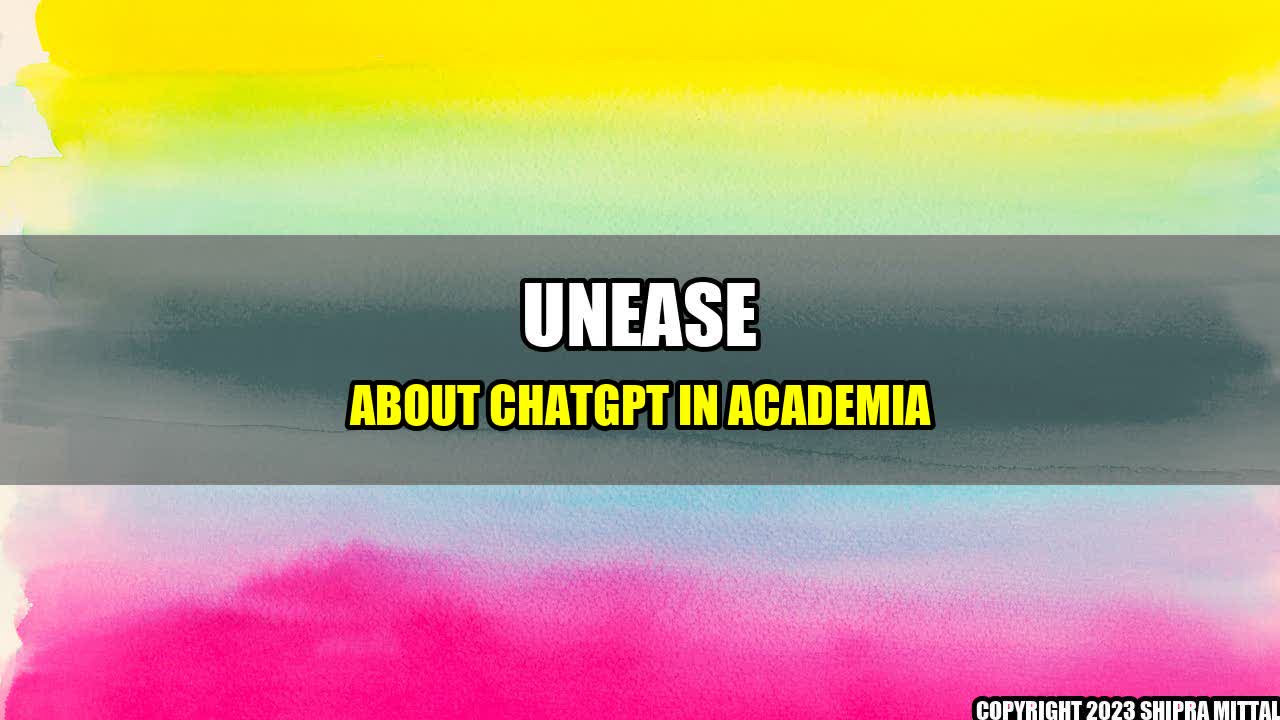The Story of Jane and Her Chatbot Tutor
Jane is a sophomore in a prestigious university in the US. She studies computer science and is struggling with her programming assignments. She decides to seek help from her professor but finds him unavailable.
Feeling helpless, Jane stumbles upon a new online tool called ChatGPT. It is an artificial intelligence-powered chatbot that claims to assist students in their academic tasks. Jane hesitates at first, since she has never used such a tool before. She decides to give it a try, and to her surprise, the chatbot can answer all her questions and even provide some practical tips.
Jane is elated, and she shares the news with her classmates. Soon, everyone in her course is using the chatbot, and they all find it very useful. However, one day, Jane's professor finds out, and his reaction is not what anyone expected.
The Rise of ChatGPT in Academia
ChatGPT is one of many AI chatbots that are being used in education. Such chatbots use natural language processing and machine learning algorithms to answer students' questions and provide guidance on various academic subjects. They can also grade assignments, provide feedback, and offer personalized learning paths.
Companies such as IBM, Microsoft, and Google are investing heavily in AI technologies and are developing chatbots specifically for education. They see the potential for these tools to revolutionize the way students learn and for institutions to save money on staff resources.
However, many educators and experts are concerned that such technologies could undermine the role of teachers and lead to a dehumanized learning experience. They also worry about the fact that chatbots are owned by private companies and may collect students' personal data without their consent.
Real-Life Examples of ChatGPT in Action
Despite the concerns, there are some promising examples of how chatbots can be used in education. For instance:
- The University of Georgia has developed an AI chatbot called Jill Watson, which acts as a teaching assistant for online courses. Students interact with Jill as if it were a human and get faster feedback on their work.
- In India, a chatbot named Suki has helped over one million students prepare for their exams. Suki can answer questions on a range of subjects and provide personalized study plans.
- The University of California, Berkeley, uses chatbots to grade essays written by students of a massive open online course (MOOC). The chatbots use natural language processing algorithms and have proved to be as reliable as human graders.
Conclusion
While AI chatbots like ChatGPT do have the potential to revolutionize education and help students succeed, their use also raises important ethical and practical questions. Institutions and educators need to be aware of the risks and benefits of adopting such technologies, and students should be informed about the data privacy implications of using chatbots.
In conclusion, the rise of AI chatbots in education is an exciting development, but one that requires careful consideration and critical evaluation.
- AI chatbots are becoming increasingly popular in education, promising to provide students with personalized learning experiences at a lower cost to institutions.
- However, concerns have been raised about the dehumanization of education and the potential data privacy risks associated with using chatbots.
- Institutions and educators must weigh the benefits and risks of adopting such technologies and ensure that their use aligns with ethical and pedagogical principles.

Akash Mittal Tech Article
Share on Twitter Share on LinkedIn